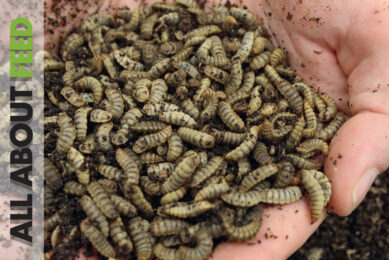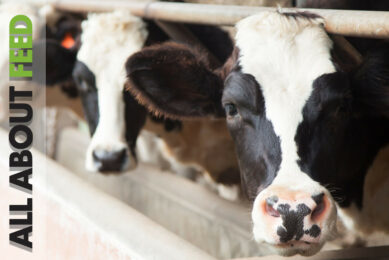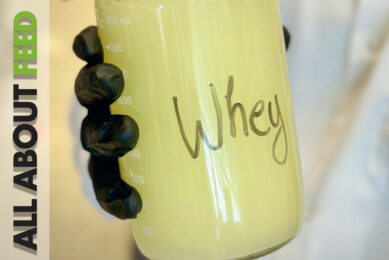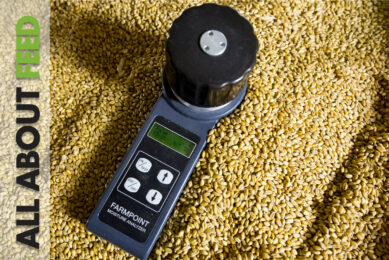Introducing the 5th 2020 edition of All About Feed
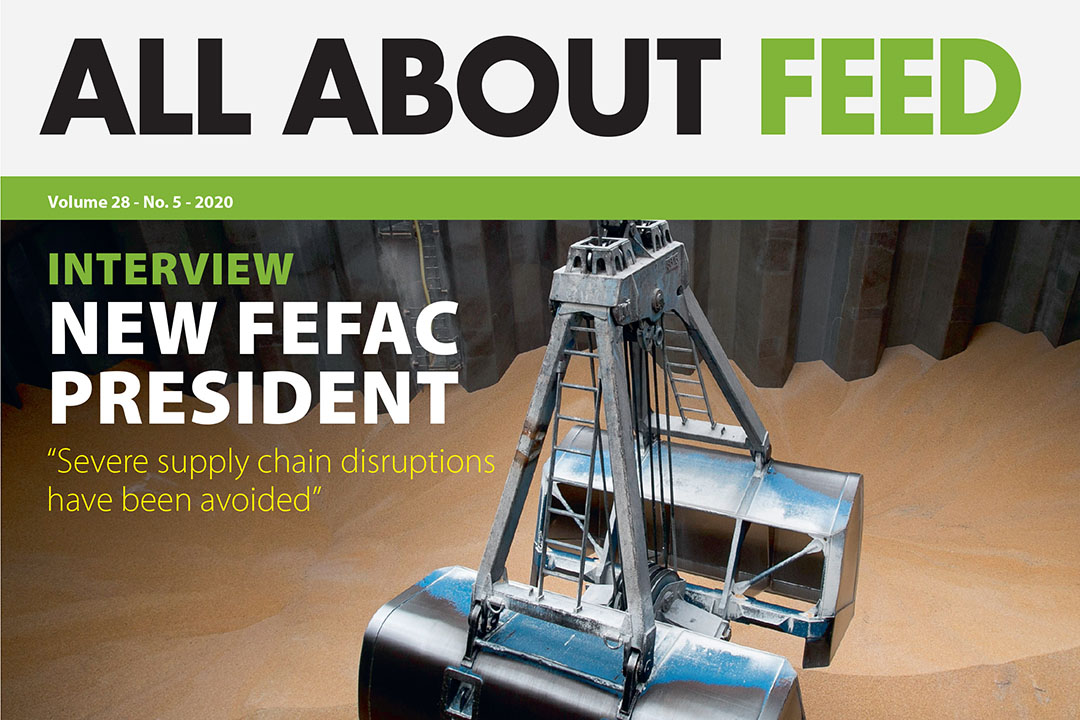
In the 5th 2020 edition of All About Feed, we interview FEFAC president Asbjørn Børsting to better understand the impact of Covid-19 on the EU feed industry. We also interview the CEO of Alltech, Dr Mark Lyons, who shares his thoughts on the future of agriculture. We highlight the importance of real-time data following the launch of All About Feed’s online feed additives price section, and we discover ways of controlling rancidity in poultry feed.
View All About Feed Digital Magazine
All About Feed interviews FEFAC president
Asbjørn Børsting shares with All About Feed the impact of COVID-19 on the EU feed industry. Due to the establishment of the “green lanes” agreement, he says the EU has been able to avoid severe supply chain disruptions.
Mitigating viruses in pig feed
In 2014, it became known that viruses were being transmitted in feed. In this article we look at what has been discovered and awareness to action.

Using real-time market intelligence
Following the launch of All About Feed’s online feed additives price section, in collaboration with Glowlit, we caught up with Glowlit founder Guy Soreq to highlight the importance of real-time data.

View All About Feed Digital Magazine
Rancidity of poultry feeds and ways of controlling it
Antioxidants added to poultry feed could prevent rancidity. In this article we explore the effect of rancid feed on bird performance, the use of antioxidants and recommendations.

All About Feed interviews Alltech CEO, Dr Mark Lyons
“There is so much to discover, millions of ideas to chase and apply and, last but not least, stories to tell which show that plants, animals and people can thrive,” says Dr Mark Lyons, CEO of Alltech, who shares his ever-evolving thoughts on the future of agriculture. In a time of worldwide disruption where many challenges exist, he sees opportunities.

Post-thermal application of feed additives
Thermal processing is a double-edged sword. Although there are positive outcomes, there are negatives ones, too, mainly on feed additives. Introducing an alternative design of feed processing line can protect heat-sensitive materials.

View All About Feed Digital Magazine
Oyster mushroom: A diarrhoea remedy for piglets
Researchers at a university in China have found supplementing piglet diets with oyster mushrooms resulted in a better immune response and a healthy gut, contributing to a reduction in the incidence of diarrhoea.

Transforming the way we manage mycotoxin-related stress
Although we have made great strides in mycotoxin research, we have not yet quantified the true exposure of animals to mycotoxins. Let’s look further…

Interventions to better deal with IUGR piglets
As litter sizes increase, so does the chance of some piglets being born with intra-uterine growth retardation (IUGR). How is this phenomenon defined and what can be done to best treat these piglets?
Column: Are online audits the future?
Columnist Johan den Hartog looks at the possibility of GMP+ FSA audits moving online.
To read the full articles, simply click on the digital magazine section and then on All About Feed 2020-5. Registration is free.





